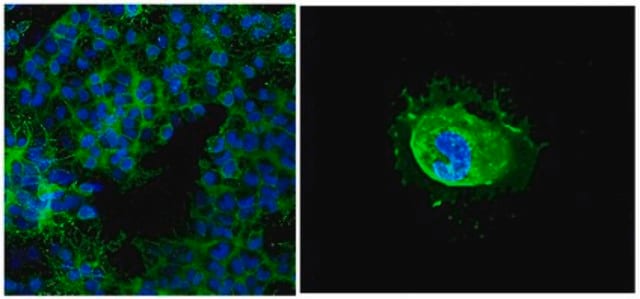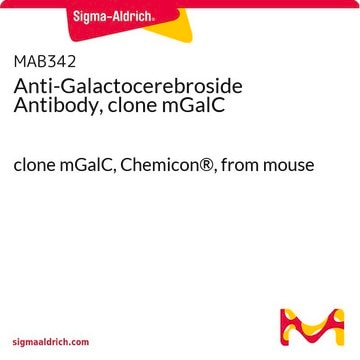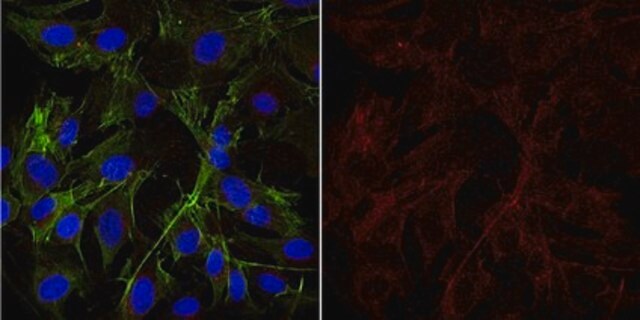FCMAB312F
Milli-Mark® Anti-Galactocerebroside-FITC Antibody, clone mGalC
clone mGalC, Milli-Mark®, from mouse
Synonym(s):
Galactoceramide, Galactocerebroside, Galactosylceramide, GalC
About This Item
Recommended Products
biological source
mouse
Quality Level
conjugate
FITC conjugate
antibody form
purified antibody
antibody product type
primary antibodies
clone
mGalC, monoclonal
species reactivity
rat, human, mouse, rabbit, chicken
species reactivity (predicted by homology)
bovine (immunogen homology)
manufacturer/tradename
Milli-Mark®
technique(s)
flow cytometry: suitable
isotype
IgG3
shipped in
wet ice
target post-translational modification
unmodified
Related Categories
General description
Specificity
Immunogen
Application
Neuroscience
Neuronal & Glial Markers
Quality
Physical form
Storage and Stability
Analysis Note
PC-12 cells
Legal Information
Disclaimer
Not finding the right product?
Try our Product Selector Tool.
Storage Class
10 - Combustible liquids
wgk_germany
WGK 2
flash_point_f
Not applicable
flash_point_c
Not applicable
Certificates of Analysis (COA)
Search for Certificates of Analysis (COA) by entering the products Lot/Batch Number. Lot and Batch Numbers can be found on a product’s label following the words ‘Lot’ or ‘Batch’.
Already Own This Product?
Find documentation for the products that you have recently purchased in the Document Library.
Articles
Flow cytometry dye selection tips match fluorophores to flow cytometer configurations, enhancing panel performance.
Troubleshooting guide offers solutions for common flow cytometry problems, ensuring improved analysis performance.
Protocols
Learn key steps in flow cytometry protocols to make your next flow cytometry experiment run with ease.
Explore our flow cytometry guide to uncover flow cytometry basics, traditional flow cytometer components, key flow cytometry protocol steps, and proper controls.
Our team of scientists has experience in all areas of research including Life Science, Material Science, Chemical Synthesis, Chromatography, Analytical and many others.
Contact Technical Service








